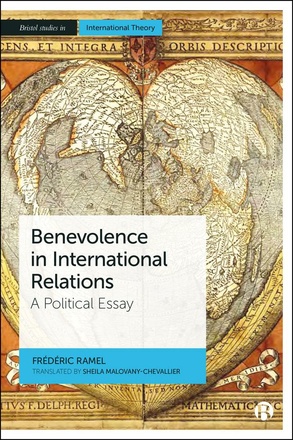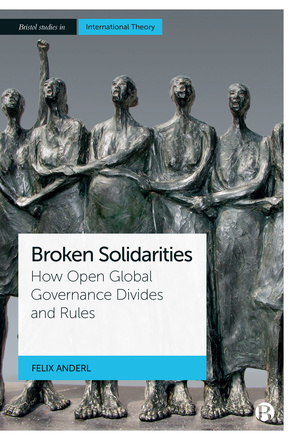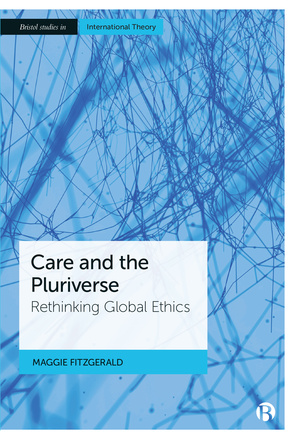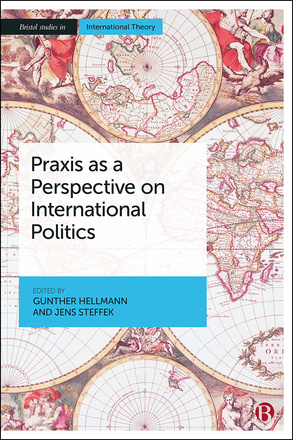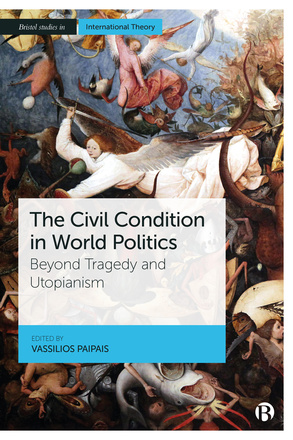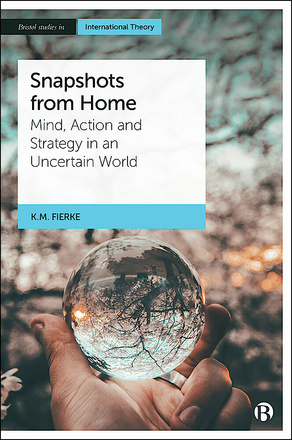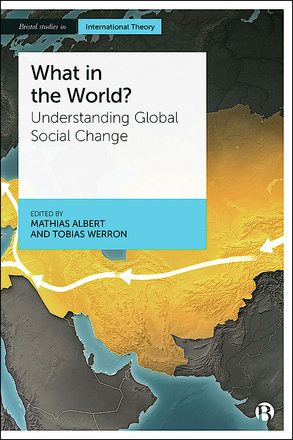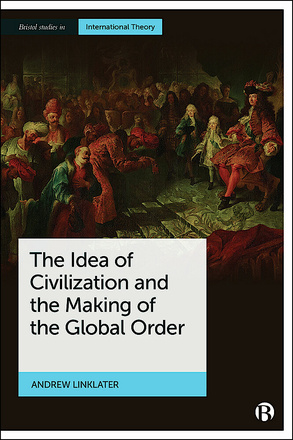Bristol Studies in International Theory
Series editors: Felix Berenskötter, King's College London, UK, Neta C. Crawford, University of Oxford, UK and Stefano Guzzini, European University Institute, Italy
This series provides a platform for theoretically innovative scholarship that advances our understanding of the world and formulates new visions of, and solutions for, world politics. Guided by an open mind about what innovation entails, and against the backdrop of various intellectual turns, interrogations of established paradigms, and a world facing complex political challenges, Bristol Studies in International Theory aims to provoke and deepen theoretical conversations in the field of International Relations and demonstrate their relevance.
Specifically, the series seeks to showcase work that (i) engages in conceptual analysis and the creation of new concepts, (ii) harnesses empirical research to build theory, (iii) decentres existing paradigms and explores non-Western perspectives and approaches, (iv) revisits the ideas and arguments of canonical thinkers and/or the evolution of theorizing world politics, and (v) foregrounds ethical questions in world affairs and the ethics and politics of the practice of theorizing. Within this scope, the series is open to different methods and we encourage conversation with neighbouring fields and disciplines.
In addition to standard scholarly explorations (up to 100,000 words) aimed at a specialized audience in the field of International Relations, the series also accommodates shorter interventions (up to 50,000 words) written for a wider audience and offering solutions for concrete political problems.
Call for proposals
If you would like to submit a proposal, or would like to discuss ideas, please email Stephen Wenham at Bristol University Press: s.wenham@bristol.ac.uk
Download the standard monograph proposal guidelines here.
Download the interventions proposal guidelines here.
Download the series referencing style guidelines here.
International Advisory Board (in alphabetical order):
- Claudia Aradau, King's College London, UK
- Jens Bartelson, Lund University, Sweden
- Pinar Bilgin, Bilkent University, Turkey
- Toni Erskine, Australian National University, Australia
- Matthew Evangelista, Cornell University, US
- Karin Fierke, University of St Andrews, UK
- Kimberly Hutchings, Queen Mary University of London, UK
- Peter Katzenstein, Cornell University, US
- Gilbert Khadiagala, University of the Witwatersrand, South Africa
- Anna Leander, The Graduate Institute, Geneva, Switzerland
- Sheryl Lightfoot, The University of British Columbia, Canada
- Cecelia Lynch, University of California Irvine, US
- Jonathan Mercer, University of Washington, US
- Heikki Patomäki, University of Helsinki, Finland
- Sergei Prozorov, University of Jyväskylä, Finland
- Yaqing Qin, China Foreign Affairs University, China
- Fiona Robinson, Carleton University, Canada
- Justin Rosenberg, University of Sussex, UK
- Chih-Yu Shih, National Taiwan University, Taiwan
- Jennifer Sterling-Folker, University of Connecticut, US








